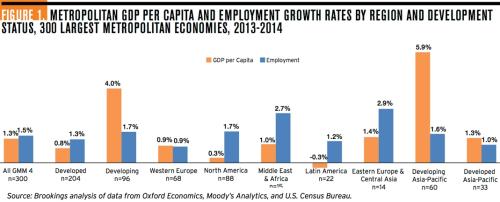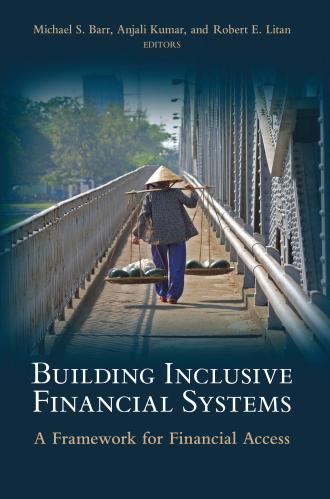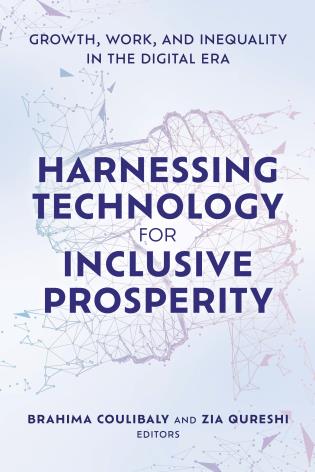“Fighting inequality is not only a global and national
concern; it is also very local,” remarked Ángel Gurría, secretary general of
the Organisation for Economic Co-operation and Development (OECD), last month at
the Washington launch
of the OECD’s Inclusive
Growth in Cities Campaign.
Speaking at an event hosted by the Brookings Metropolitan
Policy Program and the National League of Cities, Mr. Gurría presented OECD research
showing that income inequality is higher in the United States than most other
wealthy nations, and that the gap between rich and poor is greater in cities
and metropolitan areas.
Brookings’s recent Metro Monitor affirms this trend, with only eight of the nation’s 100 largest metro economies
making comprehensive progress on metrics of growth, prosperity, and inclusion
since the end of the recession. As Brookings Vice President Amy Liu summarized
in her opening remarks, “economic growth is easy, but inclusion is harder.” Here
are five key takeaways from the event:
1. Inclusion is key to boosting economic growth and
productivity
OECD Secretary-General Ángel Gurría argues that inequality
in the United States can inhibit broader growth if lower-income Americans do
not have the resources to invest in their future. With inequality higher in larger cities, furthering inclusive growth must be a priority for local
policymakers.
2. The business community has a stake in ensuring growth is
inclusive
JPMorgan Chase’s Peter Scher explains that large
corporations should invest in inclusive development because, in addition to
having a moral responsibility to invest their abundant resources, having more
people in jobs and more people in higher-skilled jobs is in businesses’
self-interest.
3. Investing in early childhood development is essential for
inclusive growth
Investments in early childhood development can help put
young people on the path to educational and economic success, thus increasing
their contribution to local economies, explains Dow Constantine, King County
Executive in Washington State.
4. Targeted coding programs can fill high-growth jobs and increase
diversity in tech
Using CodeStart, a training program in Atlanta, as an
example, Rodney Sampson explains how investing in disconnected youth and
providing them with in-demand coding skills, as well as critical thinking
skills, financial literacy, and a safe and stable environment, can create high-growth
jobs, diversity in the tech industry, and a more inclusive economy.
5. Elected local officials are integral to solving affordable
housing challenges
Cecile Bedor of GreaterMSP argues that elected officials
must provide and preserve affordable housing in neighborhoods where new public
transit investments are spurring high market demand.
The Brookings Institution is committed to quality, independence, and impact.
We are supported by a diverse array of funders. In line with our values and policies, each Brookings publication represents the sole views of its author(s).










Commentary
Achieving inclusive growth in cities
July 5, 2016